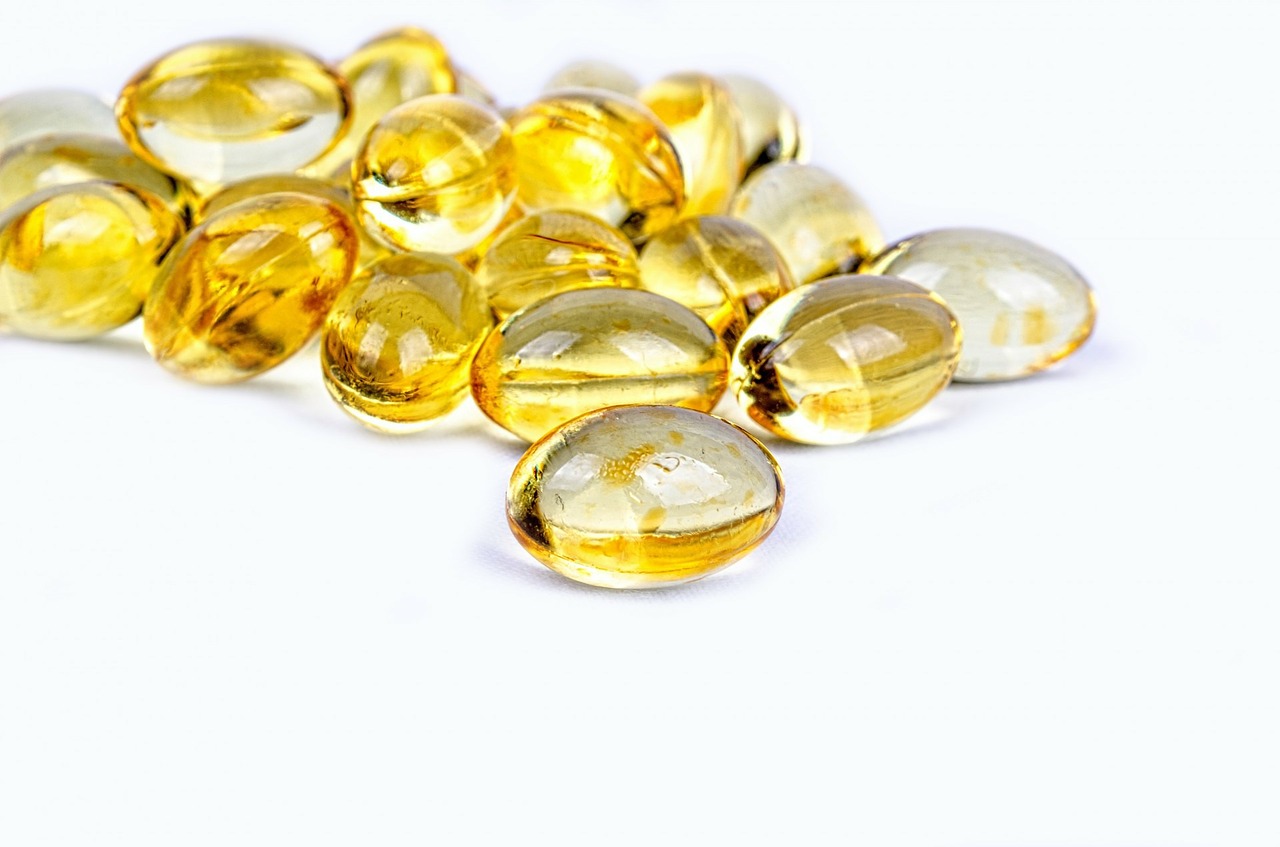Stomach ache? Try spinach juice – research shows it demonstrates powerful antacid activity
12/12/2018 / By Michelle Simmons

People who have excess stomach acid can find relief in this leafy green vegetable. A study published in the Journal of Complementary and Integrative Medicine found that spinach (Spinacia oleracea), whether in the raw juice form or as an extract in methanol, can be used to neutralize excess stomach acid, which makes it an excellent remedy for heartburn, sour stomach, acid indigestion, and stomach upset.
Spinach has been reported to contain powerful medicinal properties due to its numerous antioxidant phytoconstituents. In the study, the researchers, who were from Principal K.M.Kundnani College of Pharmacy in India, compared the antacid effect of raw spinach juice with an antioxidant-rich methanolic extract of spinach in an artificial stomach model.
For the study, the researchers determined the pH of methanolic spinach extract at 50, 100, and 200 milligrams per milliliter (mg/ml) and its neutralizing effect on gastric acid. They also compared methanolic spinach extract with raw spinach juice, water, the active control sodium bicarbonate, and an antacid drug called ENO.
The researchers used a modified model of Vatier’s artificial stomach to determine the duration of consistent neutralization of artificial gastric acid for the test compounds. They also assessed the neutralizing capacity of spinach and other test compounds.
The results revealed that spinach juice and the methanolic extract of spinach displayed better significant acid-neutralizing effect, consistent duration of neutralization, and higher antacid capacity compared to water. Raw spinach juice exhibited the same effect as the highest concentration of methanolic spinach extract.
Based on these findings, the researchers concluded that spinach, both in the raw juice form and as an extract in methanol, may be used as a natural way to neutralize or reduce excess stomach acid.
The many health benefits of spinach
As mentioned earlier, spinach is a great natural antacid. But this is only one of the health benefits of this vegetable. Spinach is considered a superfood. It is packed with many vitamins and minerals that contribute to overall well-being ranging from hair health to cancer prevention. Here are the potential health benefits of spinach:
- Spinach may help prevent cancer: Spinach and other green vegetables, contain chlorophyll – the green pigment that gives plants their green color. Chlorophyll has been reported to be effective at blocking the carcinogenic effects of heterocyclic amines, which are produced when foods are grilled at a high temperature. This can contribute to the prevention of cancer growth. (Related: Spinach Knocks Out Cancer and Boosts Brain Power.)
- Spinach is good for diabetics: Spinach is rich in antioxidants, and one of its antioxidants known as alpha-lipoic acid has many health benefits. Alpha-lipoic acid has been reported to reduce glucose levels, improve insulin sensitivity, and prevent oxidative, stress-induced changes in patients with diabetes. Research on alpha-lipoic acid has also reported reductions in peripheral neuropathy and autonomic neuropathy in diabetics.
- Spinach may help prevent asthma: Children who have a high intake of certain nutrients, such as beta-carotene, are less likely to develop asthma, according to a study of children with and without asthma. Spinach can contribute to preventing asthma as it is rich in beta-carotene.
- Spinach helps lower blood pressure: Spinach can help lower blood pressure because of its high potassium content. Potassium help mitigate the effects of sodium in the body.
- Spinach helps keep the bones healthy: Spinach is a good source of vitamin K, which is important for bone health and reducing the risk of bone fracture. Vitamin K acts as a modifier of bone matrix proteins, improves calcium absorption, and may decrease the amount of calcium that leaves the body through urine.
- Spinach is good for the skin and hair: Spinach is rich in Vitamin A, which regulates the production of oil in the skin pores and hair follicles to keep the skin and hair moisturized. The vitamin Cs content of spinach also contributes to skin and hair health. Vitamin C is important in the building and maintenance of collagen, which provides structure to skin and hair. Spinach is also rich in iron, which helps prevent hair loss.
Sources include:
Tagged Under: alternative medicine, antacid, herbal medicine, Herbs, medicinal plants, natural cures, natural healing, natural medicine, spinach, spinach extract, spinach juice, stomach acid




















